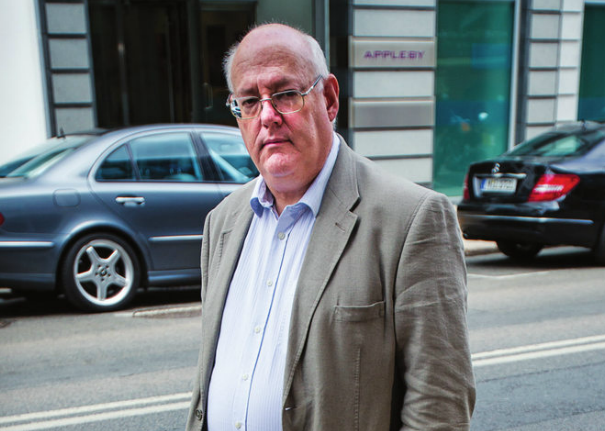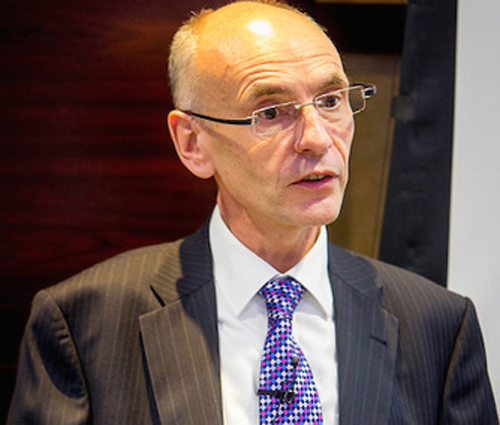

Jersey's biggest union is already shaping up to fight planned changes to the pay and employment terms and conditions for States workers, which are due to be announced later today.
In the last few days Express has been contacted by a significant number of States employees who have all been told that details of the "Workforce Modernisation Program" will be unveiled to them in stages today. Nurses, paramedics, manual workers and child care assistants in Jersey are just some of the thousands of States employees who say they will discover later how their pay and working hours will be affected as part of a major government change program.
This week, Unite the Union has also written a memo to its members - a copy of which has also been given to Express. It warns that the changes will reduce the disposable income for some staff and does not offer, “equal pay for work of equal value.”
Express understands that States workers have been informed a "final workforce modernisation offer" will be sent out to all employees today described as being "in scope." It's believed that the changes will initially affect civil servants, nurses and midwives, ambulance staff, Youth Service and residential childcare officers amongst others, with teachers, legal advisors and Crown appointees to come in a second phase. Employees who are not included in those phases will receive a separate offer.
Some of those workers have told Express that it represents the States' "final" offer on their pay, terms and conditions, and that the program is designed to bring all groups onto a common pay structure, in order to remove what are termed "inconsistencies" and to make it easier for staff to move into different States roles.

Pictured: Unite the Union, which is led by Nick Corbel in Jersey, is preparing for a battle over the pay package offers according to a memo shared with Express.
The Unite memo, which went out earlier this week, urges its members to scrutinise the details of what they are being offered:
"Once you receive your own details, please have a careful read through them and consider what effect they will have on you as an individual bearing in mind we already know the current RPI figure to be 3.1% and our pay claims for 2018 will be based on this figure. Any increase below 3.1% consolidated will further reduce your disposable income as has happened since 2001 (based on States Average Earnings figures). Carefully consider where you will be in 2021 when this is fully implemented and the effect these changes will have on your pensionable pay and other terms and conditions."
The memo then goes on to list three main "areas of concern":
"1. The current job evaluation scheme does not provide a solution that meets the aim of “equal pay for work of equal value”. All that is happening is entire pay groups are being migrated into a new pay spine without any changes to fit how they were evaluated.
2. The employers final offer means all pay increases will be included in the new WFM [Workforce Modernisation] package and many will receive further below RPI increases during this period as well as some not receiving any increases at all. All Unions are agreed that pay negotiations must remain outside WFM and be undertaken annually.
3. The effect on employees pensions is not yet fully understood and changes within WFM are currently outside the provisions of the pensions scheme legislation so must be confirmed and any changes in place before this can be accepted."
Express will publish full details of the planned changes, as soon as they are released later today.
The announcement comes in the week that the former States Chief Executive, John Richardson retired six months early, to allow his replacement Charlie Parker, and a new team of UK consultants, to begin their program of changes early.

Pictured: The news comes shortly after former States Chief Executive John Richardson completed his final shift at the States.
It emerged in the States last week that those four consultants will cost approximately £700,000 over the next six months, not including flight and accommodation costs.
Mr Richardson left the States with a payment thought to be in the region of £240,000, to be replaced by Mr Parker (from January) on a salary of £250,000 - roughly £40,000 a year more than Mr Richardson was being paid.
Comments
Comments on this story express the views of the commentator only, not Bailiwick Publishing. We are unable to guarantee the accuracy of any of those comments.